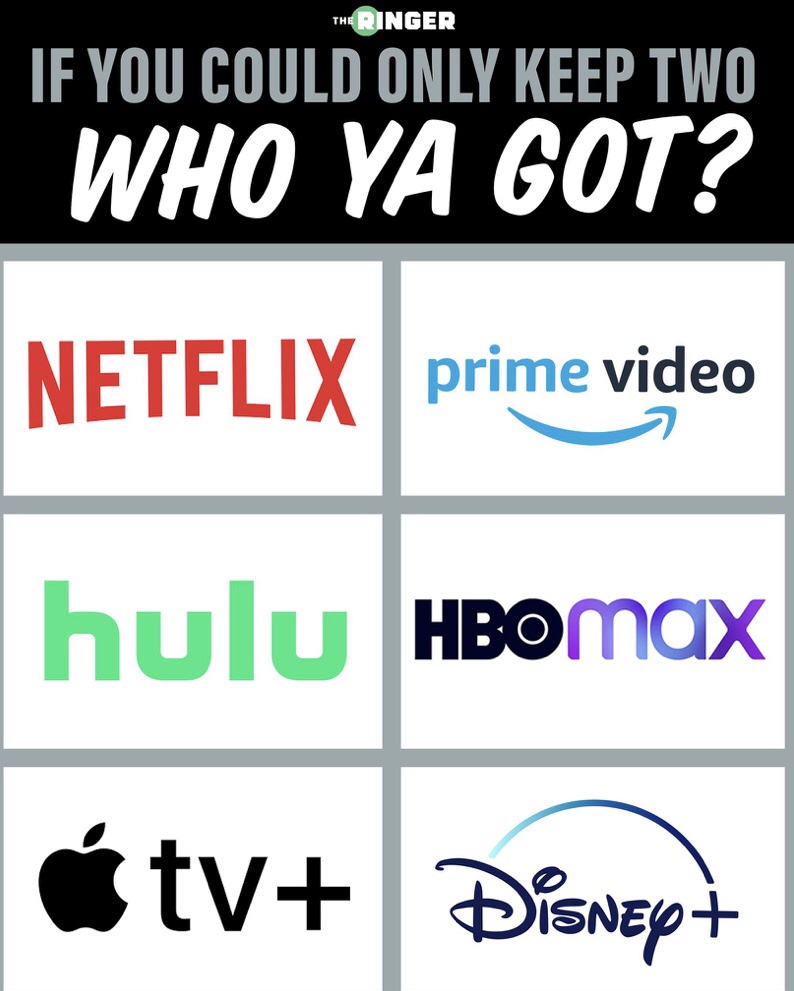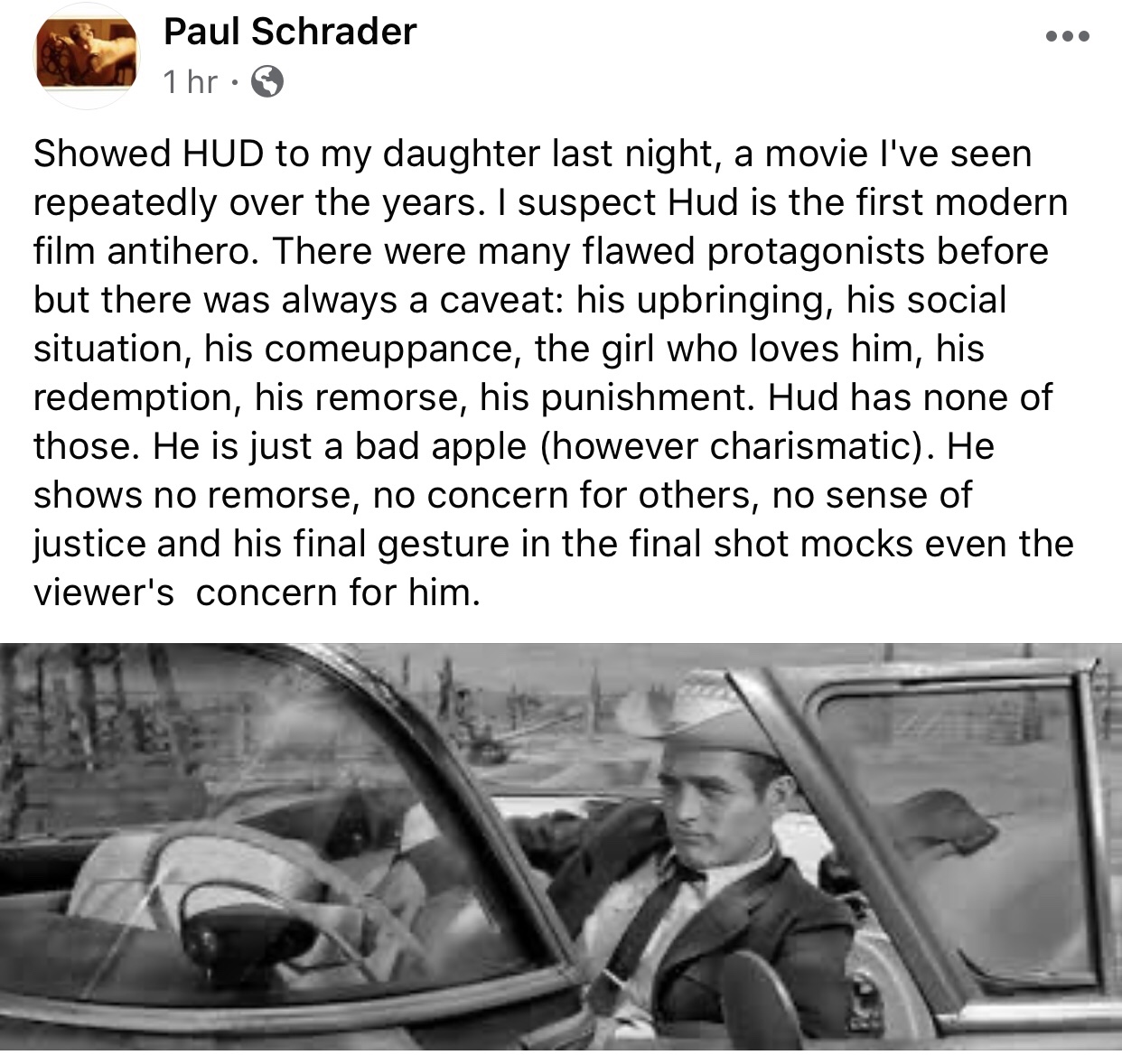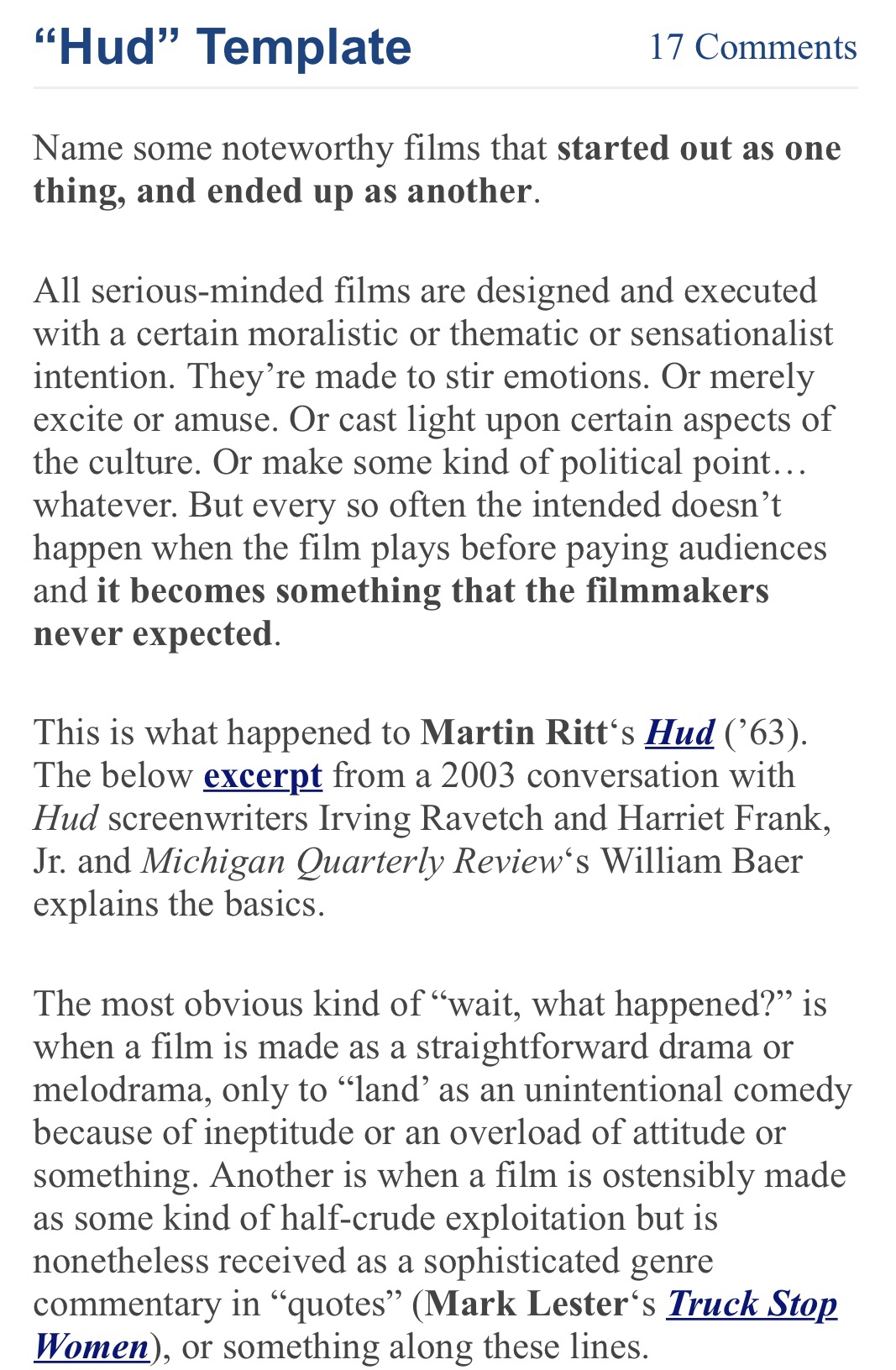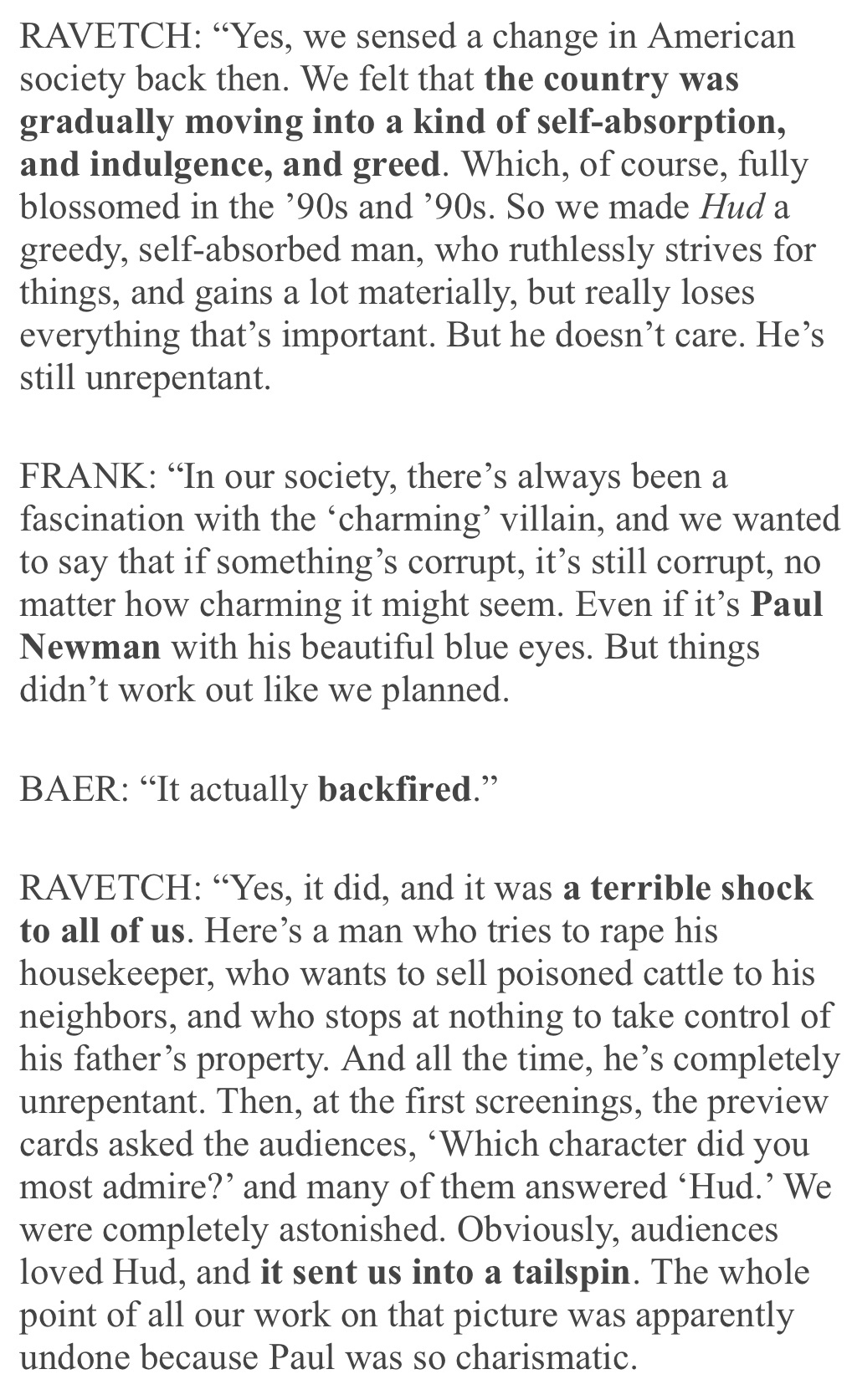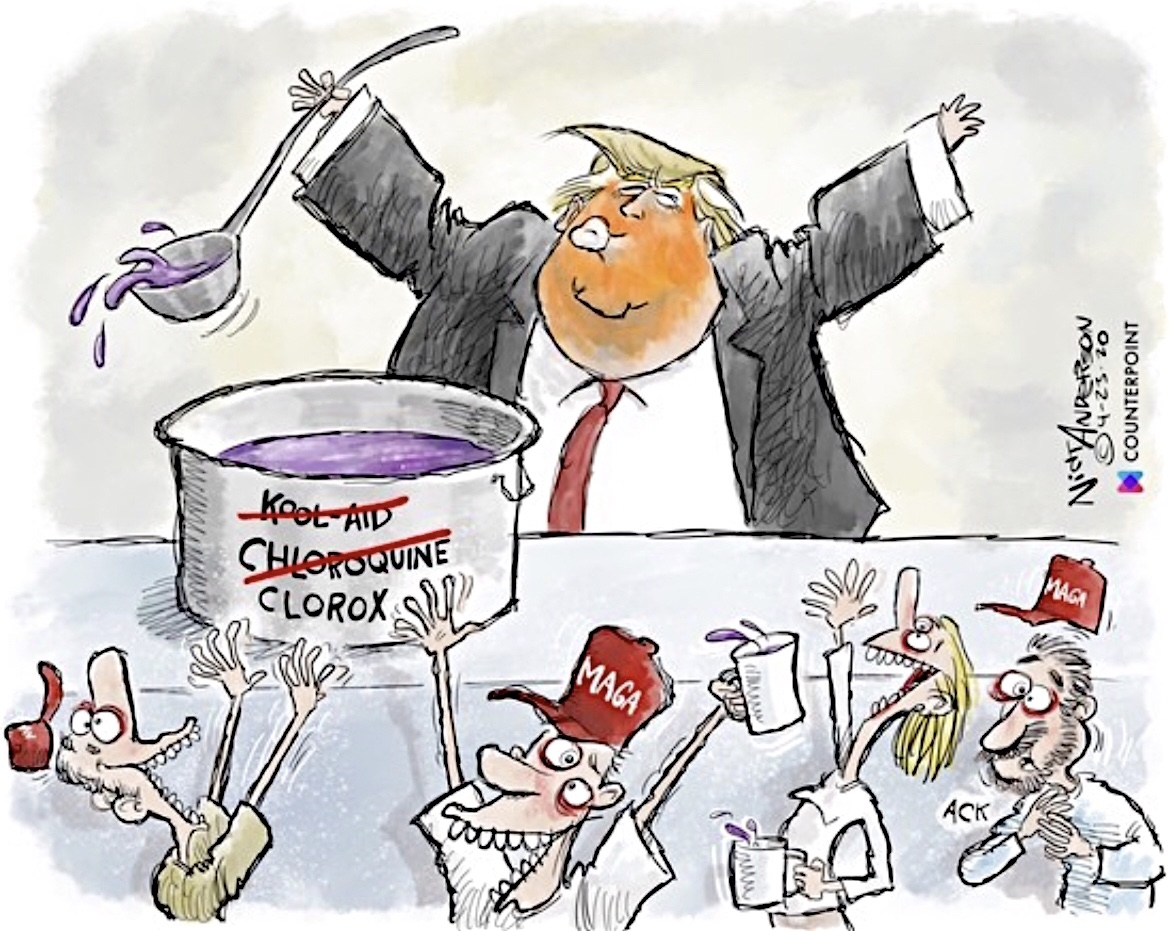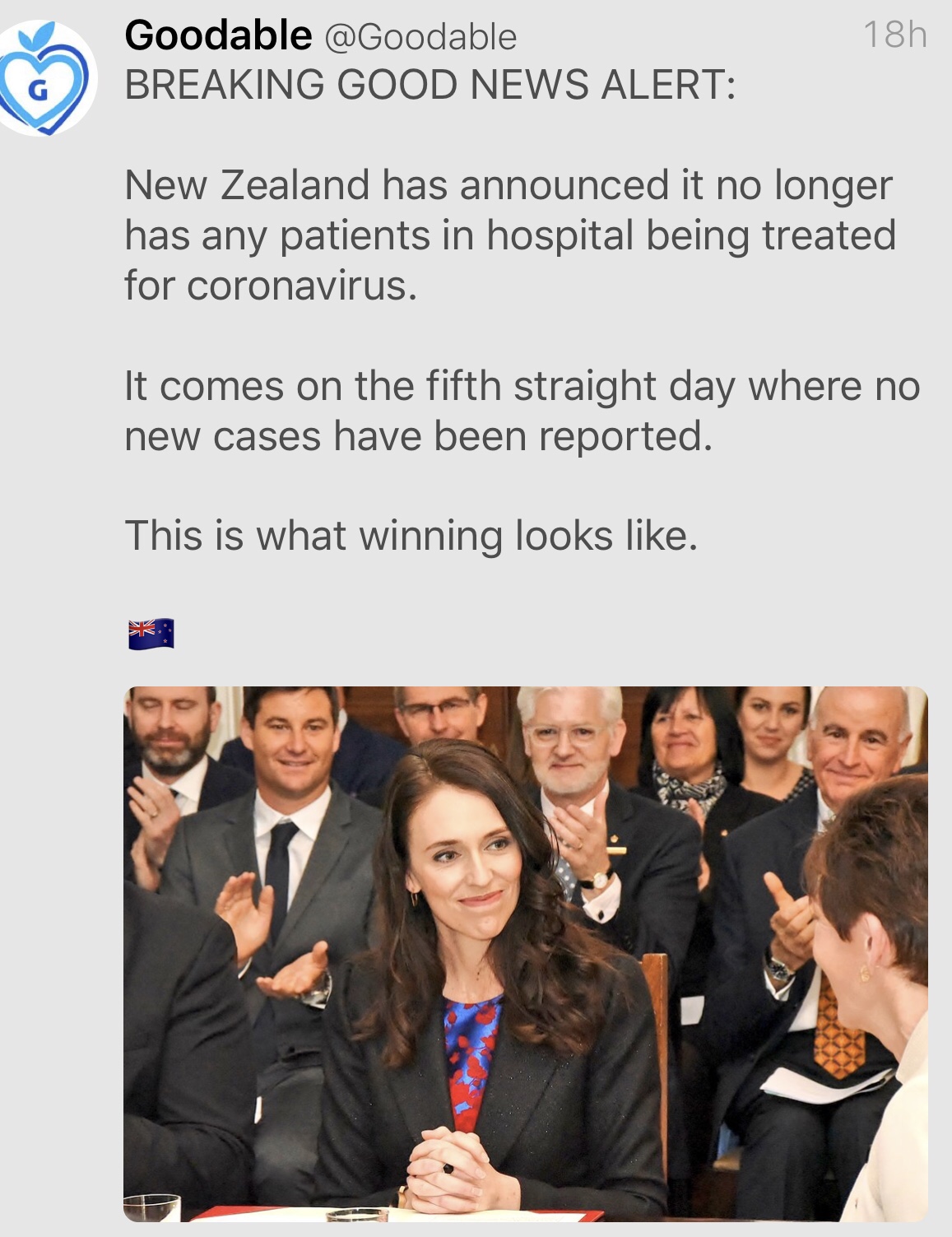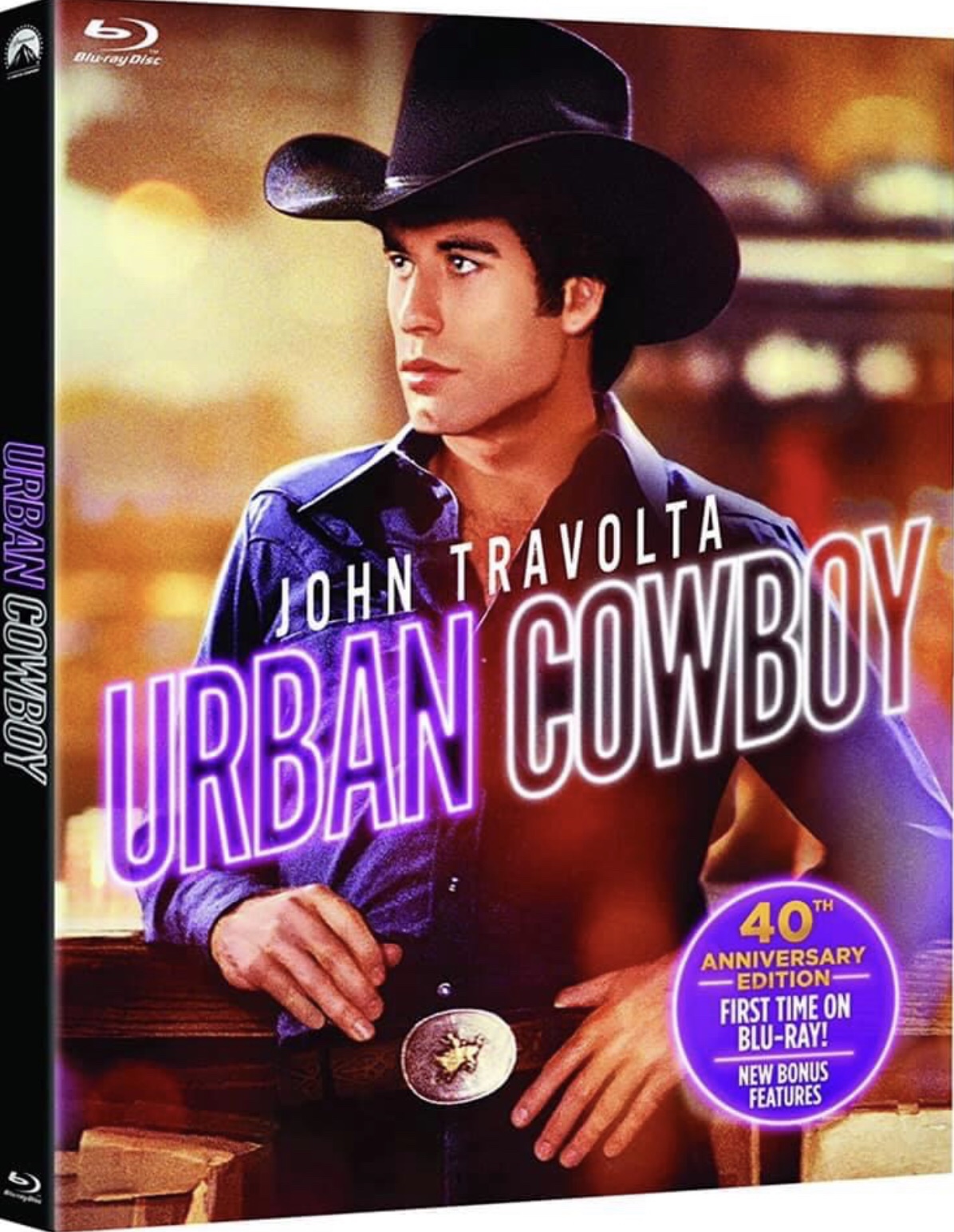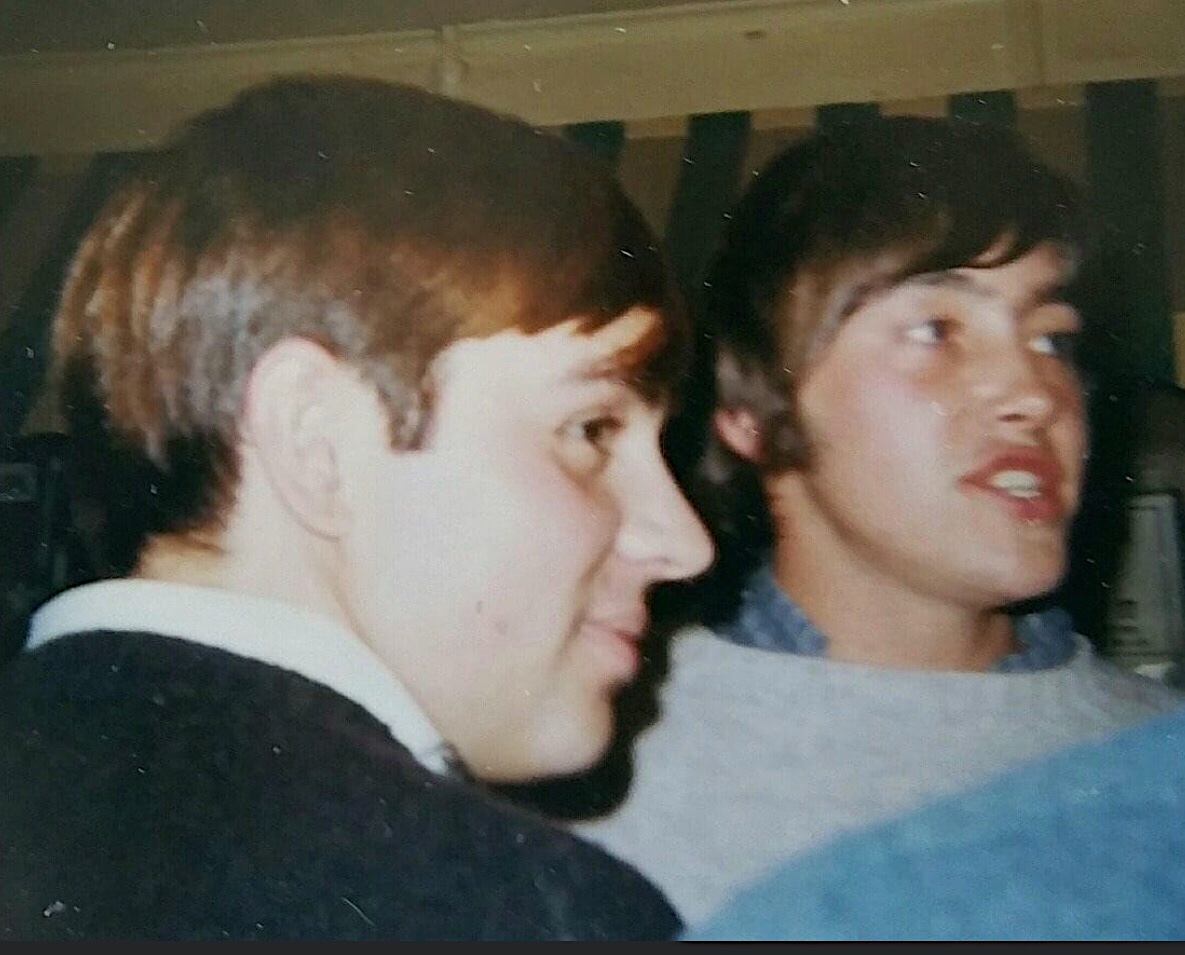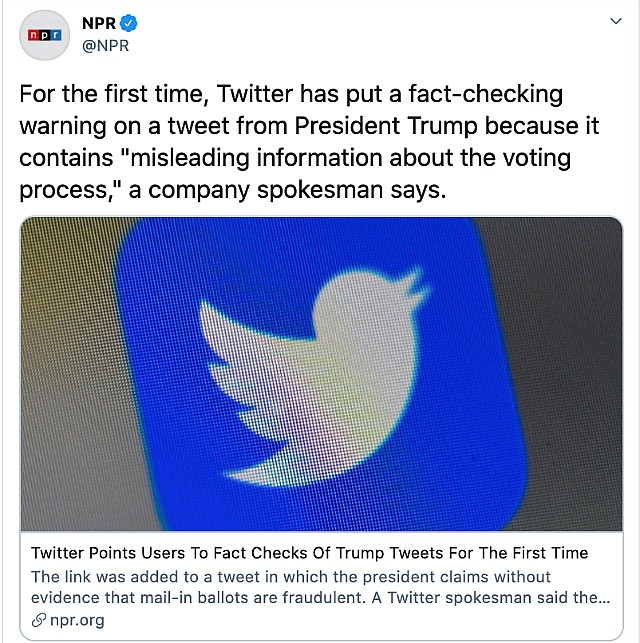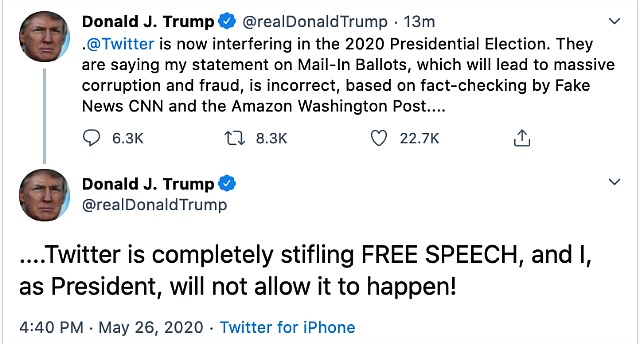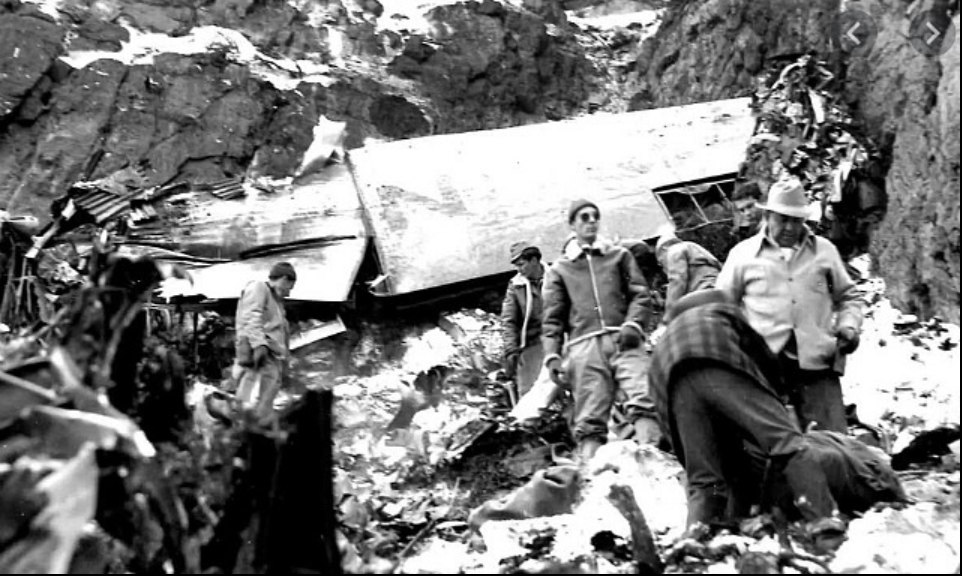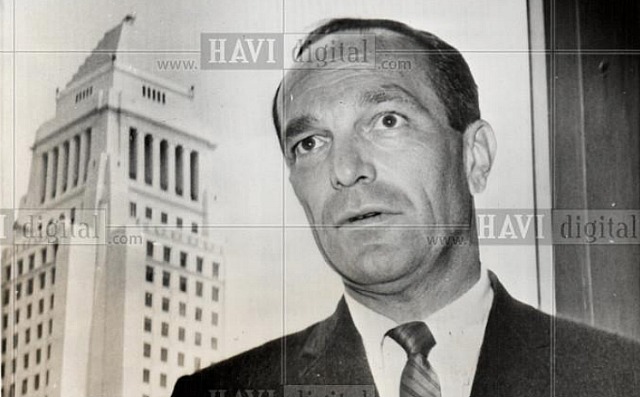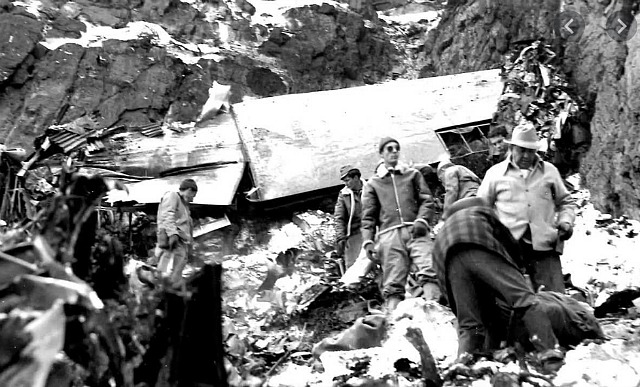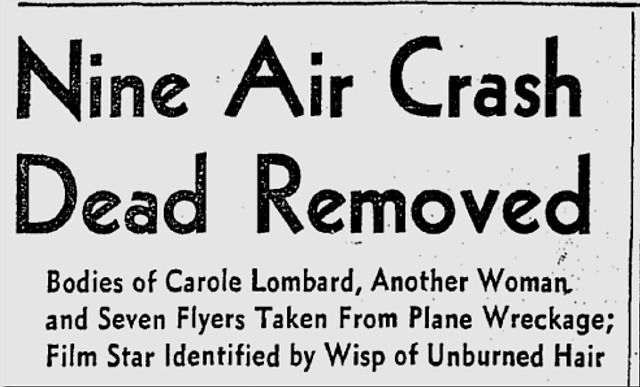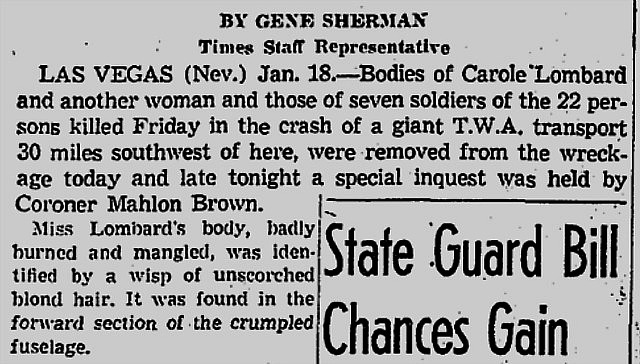Our Tijuana dental work completed by 3 pm, we arrived at Poco Cielo Hotel (south of Puerto Nuevo, even further south of Rosarito) at 4:10 pm. We were walking on the beach by 5:30 pm.
This isn’t a good thing to admit, but we melted when we realized that Dimitry’s original La Fonda restaurant, which is right next door, was allowing customers to sit inside and order. It was the first time we’d been to an eatery since late February.
We’re bad people for having done so, we realize, but the place was nearly vacant and the waiters were so grateful we’d arrived. Plus we could sense that God wasn’t frowning at us.
We sat on the outdoor patio at dusk, overlooking the crashing surf and almost weeping about how wonderful it felt to be ourselves again. We apologize to all of the Virusbros out there who are no doubt seething with rage as they read these words.





